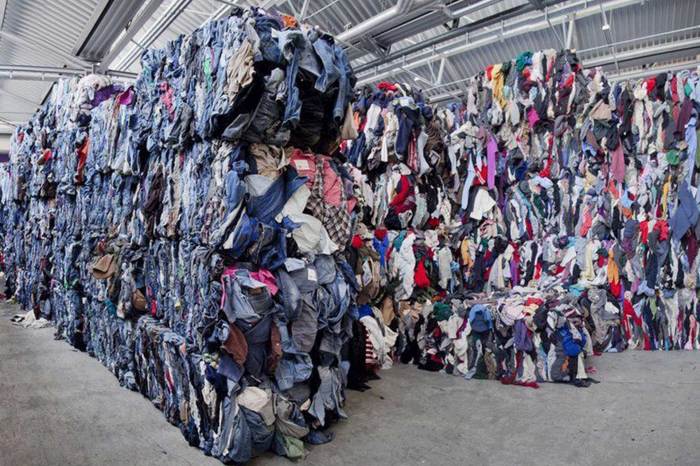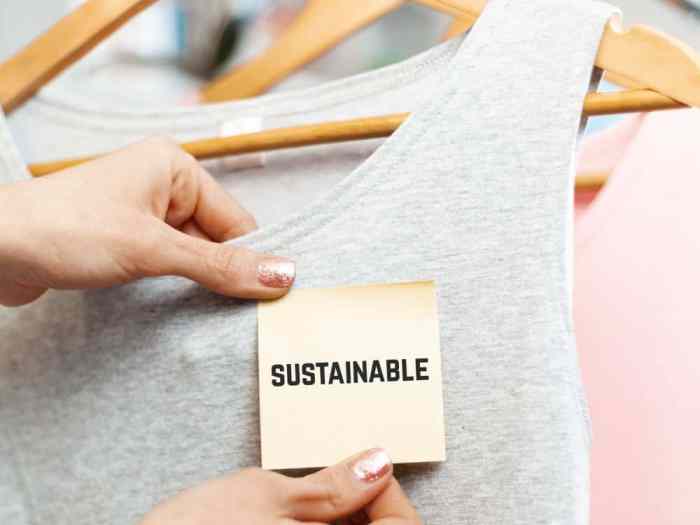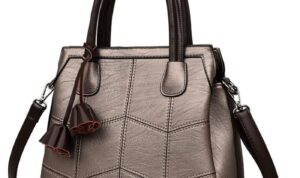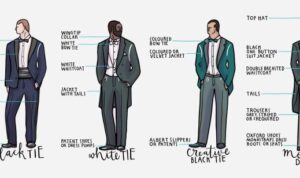Ethical fashion practices are more than just a trend – they’re a movement towards a sustainable future in the fashion industry. From using sustainable materials to ensuring fair wages, the journey of ethical fashion is one that impacts not just the clothes we wear, but the world we live in.
Importance of Ethical Fashion Practices
Ethical fashion refers to the production, design, and distribution of clothing that is mindful of social and environmental impacts. It involves creating garments in a way that respects both people and the planet, promoting fair labor practices, sustainability, and transparency throughout the supply chain.
Key Benefits of Ethical Fashion Practices
- Improves working conditions: Ethical fashion practices ensure that garment workers are treated fairly, paid a living wage, and work in safe environments.
- Reduces environmental impact: By using sustainable materials, minimizing waste, and reducing carbon emissions, ethical fashion helps protect the environment.
- Supports local communities: Companies that implement ethical fashion practices often source materials locally, supporting local artisans and economies.
- Enhances transparency: Ethical fashion brands are transparent about their sourcing, production processes, and pricing, allowing consumers to make informed choices.
Examples of Companies Implementing Ethical Fashion Practices
- Patagonia: Known for its commitment to sustainability and ethical production, Patagonia uses recycled materials and fair labor practices in its supply chain.
- Everlane: Everlane focuses on transparency, providing detailed information about the factories where its clothing is made and the cost breakdown of each product.
- People Tree: A pioneer in fair trade fashion, People Tree partners with artisans and farmers in developing countries to create ethical and sustainable clothing.
Sustainable Materials in Ethical Fashion

When it comes to ethical fashion, the use of sustainable materials plays a crucial role in reducing the environmental impact of the industry. Sustainable materials are sourced and produced in a way that minimizes harm to the environment and promotes social responsibility throughout the supply chain.
Comparison of Environmental Impact
Traditional materials like conventional cotton, polyester, and leather often have a significant negative impact on the environment due to the high water usage, chemical pollution, and deforestation associated with their production. On the other hand, sustainable materials such as organic cotton, hemp, bamboo, and Tencel are grown and processed using eco-friendly methods that reduce water consumption, chemical usage, and carbon emissions.
Examples of Innovative Sustainable Materials
- Recycled Polyester: Made from post-consumer plastic bottles, recycled polyester helps reduce plastic waste in landfills and oceans.
- Piñatex: A sustainable alternative to leather, Piñatex is made from pineapple leaf fibers, a byproduct of the pineapple industry.
- Mushroom Leather: Mycelium, the root structure of mushrooms, can be grown into a leather-like material that is biodegradable and cruelty-free.
- Orange Fiber: This sustainable fabric is made from citrus byproducts, reducing waste from the orange juice industry.
- Lyocell: A form of rayon made from sustainably sourced wood pulp, lyocell is known for its softness and breathability.
Fair Wages and Labor Conditions: Ethical Fashion Practices

Fair wages and labor conditions are crucial aspects of ethical fashion practices. Ensuring that garment workers are paid fairly and work in safe conditions is essential for the well-being of individuals and the sustainability of the fashion industry.
Importance of Fair Wages
Fair wages are important in the fashion industry as they help improve the livelihoods of garment workers. When workers are paid fairly, they can provide for themselves and their families, leading to a better quality of life. Fair wages also contribute to reducing poverty and inequality in the communities where garment workers reside.
Impact of Fair Labor Conditions, Ethical fashion practices
Fair labor conditions are vital for the health and safety of garment workers. Working in safe and humane conditions protects workers from exploitation, injury, and other forms of harm. By ensuring fair labor conditions, brands can uphold human rights and promote a more sustainable and ethical fashion industry.
Brands Ensuring Fair Wages and Labor Conditions
– Patagonia: Known for its commitment to fair labor practices, Patagonia ensures that workers in its supply chain are paid fair wages and work in safe conditions.
– Eileen Fisher: Eileen Fisher’s supply chain focuses on transparency and fair labor practices, including fair wages and ethical working conditions.
– People Tree: This sustainable fashion brand works with Fair Trade producers to ensure fair wages and labor conditions for garment workers.
Transparency and Supply Chain Traceability
Transparency in the fashion supply chain is crucial for ensuring ethical practices and accountability. It involves openly sharing information about the processes, materials, and labor involved in making a garment, allowing consumers to make informed choices and hold brands accountable.
Importance of Transparency
- Transparency builds trust with consumers by providing visibility into how a product is made.
- It helps to ensure fair wages and safe working conditions for workers throughout the supply chain.
- Transparency can also drive innovation and sustainability by encouraging brands to reduce their environmental impact.
Supply Chain Traceability
Supply chain traceability goes a step further by tracking the journey of a product from raw materials to the finished garment. This allows brands and consumers to verify the authenticity of claims regarding sustainability, ethical labor practices, and quality.
- Traceability helps to identify potential risks in the supply chain, such as child labor or environmental damage, and take corrective actions.
- It enables brands to ensure that their suppliers are meeting ethical and environmental standards throughout the production process.
- Tools like blockchain technology, RFID tags, and supply chain management software are used to achieve supply chain traceability in the fashion industry.



